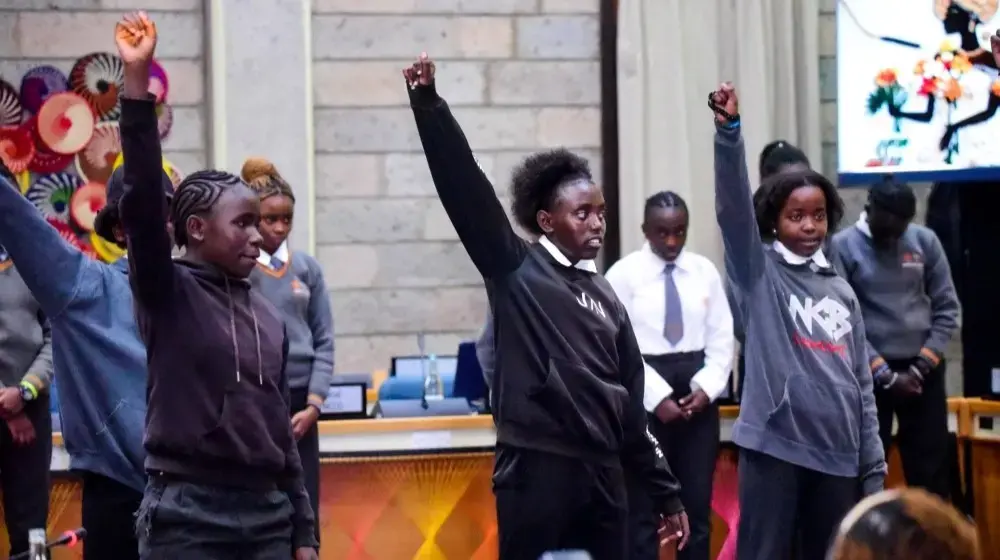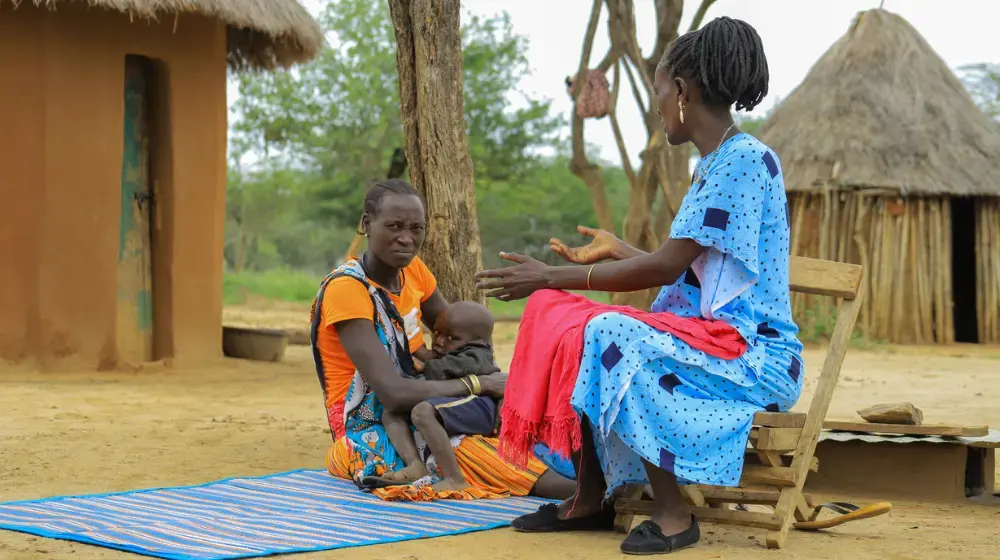Prior to the onset of the COVID-19 pandemic, the humanitarian system was over-stretched with responding to climate and other emergencies, undermining readiness and response measures. The pandemic is now directly impacting life-saving health, including sexual and reproductive health, and is widening inequalities for women, dependent young and older persons, racial minorities and other marginalized groups. The socioeconomic impacts of lockdowns are significant and growing, undermining individual and community resilience and resources to cope with expected changes to the climate.
Government and international response capacity and the resources and planning necessary to prepare for climate impacts over the coming decade and beyond, are at risk. Meanwhile, climate change is projected to double the number of people in need of humanitarian assistance by 2030. Building climate resilience and adaptive capacity has become more urgent and more difficult. UNFPA can help to meet this challenge by contributing to individual and community resilience-building, systems-strengthening, preparedness, early action and humanitarian response, and providing data for targeted action.
The UN Secretary General has stated that, "The Decade of Action will see special amplification around three challenges: eradicating poverty and reducing inequality; driving climate action and supporting a healthy planet; achieving gender equality and the empowerment of women and girls." Each of these is central to the ICPD and UNFPA’s mandate. For UNFPA, limiting the impact of climate change on the achievement of our transformative results and increasing the resilience of people and systems to cope with climate change.
In 2019, UNFPA organized an International Symposium on SRHR, Gender and Climate Change Resilience to share knowledge and identify programmes to reduce the impacts of climate change and build the resilience of communities in vulnerable settings. The resulting Future Africa Call to Action outlines both the impacts of climate change on the achievement of universal access to sexual and reproductive health and rights and the contributions that the ICPD community can make to building climate resilience. It puts forward a programmatic framework with four pillars connecting the promise of ICPD25 and the achievement of climate change adaptation and resilience.





